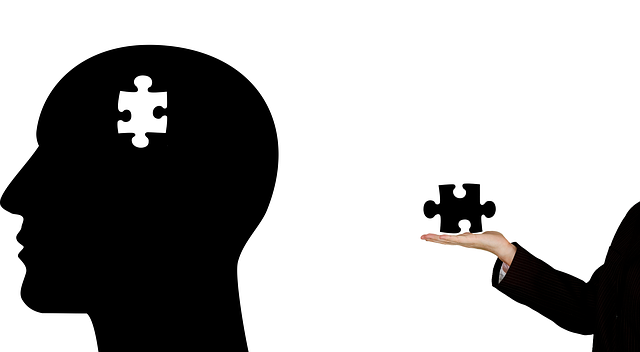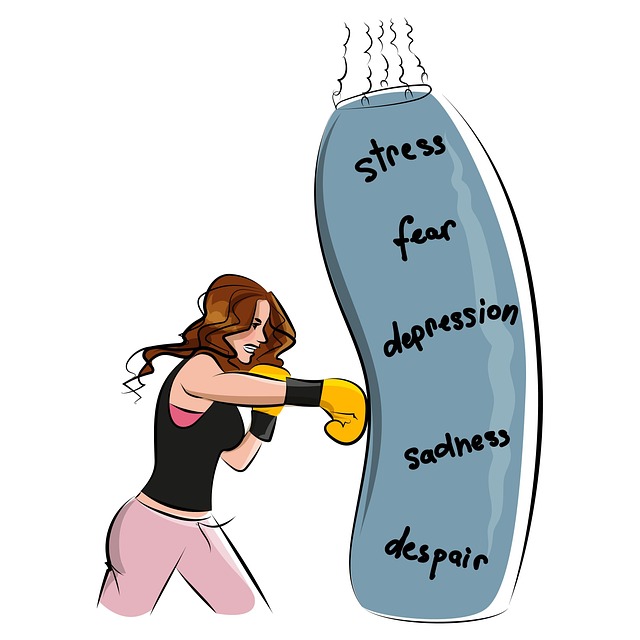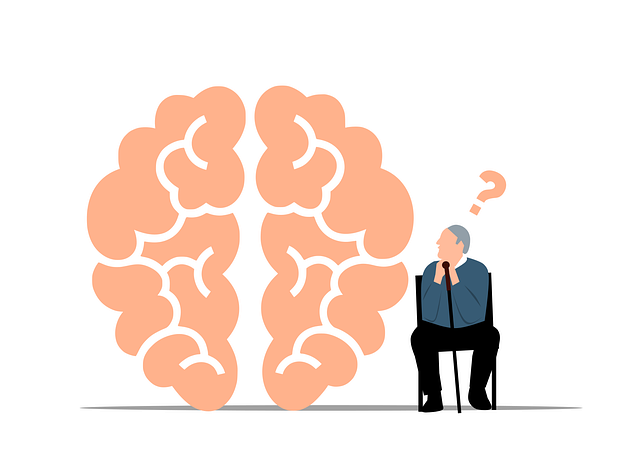Mindfulness meditation, integrated into modern therapies like EMDR, helps young adults manage stress, anxiety, and depression through present-moment awareness. EMDR certification empowers therapists to offer tailored crisis intervention and process traumatic memories effectively. Incorporating brief mindfulness practices daily enhances mental well-being and emotional balance, especially during intense therapy sessions for young adults.
Discover the transformative power of mindfulness meditation, a practice gaining traction among young adults seeking mental balance. This comprehensive guide navigates the basics, delves into the benefits of EMDR certification for effective therapy, and offers practical strategies to incorporate mindfulness into daily routines. Learn how these techniques can enhance well-being, promote resilience, and foster a more mindful approach to life—all tailored specifically for young adults.
- Understanding Mindfulness Meditation: A Foundation for Young Adults
- The Role of EMDR Certification in Effective Practice
- Incorporating Mindfulness into Daily Life: Strategies for Sustainability
Understanding Mindfulness Meditation: A Foundation for Young Adults

Mindfulness meditation is a practice that has gained significant popularity among young adults as a powerful tool for emotional well-being and personal growth. At its core, mindfulness involves focusing on the present moment with openness, curiosity, and non-judgment. This ancient technique, often integrated into modern therapy practices like EMDR (Eye Movement Desensitization and Reprocessing), serves as an effective therapy for young adults facing various challenges.
For many young people struggling with stress, anxiety, or even depression prevention, mindfulness meditation offers a foundation for cultivating mental wellness. By learning to observe their thoughts and emotions without attachment, individuals can develop a greater sense of self-awareness and emotional regulation. Incorporating regular self-care practices centered around mindfulness allows young adults to navigate life’s challenges more effectively, fostering resilience and overall mental health.
The Role of EMDR Certification in Effective Practice

For young adults seeking therapy, particularly those navigating trauma or mental health challenges, EMDR (Eye Movement Desensitization and Reprocessing) certification is a valuable asset for therapists. This specialized training equips professionals with effective crisis intervention guidance, enabling them to deliver tailored care that goes beyond traditional talk therapy. EMDR Certified therapists employ unique techniques, such as bilateral stimulation through eye movements or tactile gestures, to assist clients in processing traumatic memories and emotions. This approach has been recognized as an innovative method for empathy building strategies, fostering deeper connections between therapist and client.
Beyond individual practice, EMDR Certified professionals can contribute to public awareness campaigns development, educating communities about trauma recovery options. By sharing their expertise, they help destigmatize mental health issues and promote access to evidence-based therapies like EMDR. This not only benefits young adults in need but also contributes to a more supportive and informed society.
Incorporating Mindfulness into Daily Life: Strategies for Sustainability

Incorporating mindfulness into daily life is a crucial step towards enhancing mental well-being, especially for young adults seeking therapy. Beyond one-time sessions, establishing a consistent mindfulness meditation practice offers sustained benefits. To achieve this, start small by dedicating just 5–10 minutes daily to observe your breath and body sensations. This can be done during commuting, while waiting in lines, or before meals. Over time, expand these moments of awareness into activities like walking, eating, or even engaging in conversations.
For those with a background in EMDR therapy, integrating mindfulness meditation techniques complements existing skills in trauma support services. Mindfulness meditation aids in processing past traumatic experiences by fostering present-moment awareness and reducing avoidance behaviors. Additionally, it strengthens risk management planning for mental health professionals by enhancing their ability to stay grounded, reduce stress, and maintain emotional balance during intense sessions with clients.
Mindfulness meditation, as a foundational practice for young adults, gains its power from combining techniques like EMDR therapy. By integrating mindfulness into daily life with sustainable strategies, individuals can cultivate greater emotional regulation and resilience—essential tools for navigating the challenges of modern living. For those seeking effective mental health support, pursuing EMDR certification ensures a deeper understanding and proficiency in this powerful modality, ultimately benefiting young adults in need of therapy.














